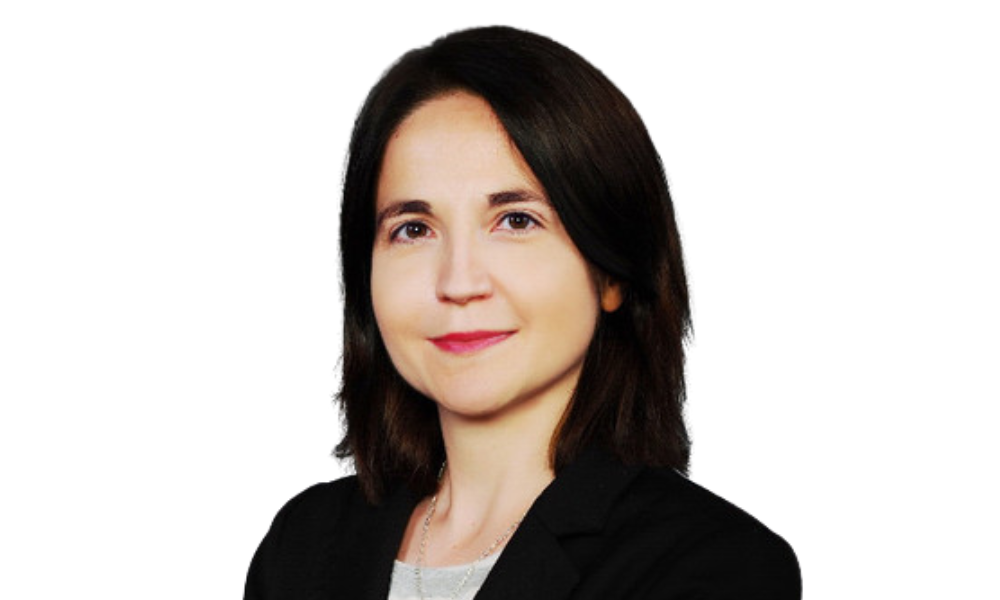
Otis' HR executive Karine Scelles on how the company is strengthening wellbeing and inclusion in its workforce

When Karine Scelles first joined Otis in 2020, the company was experiencing a new phase. The global elevator and escalator company, founded back in1853, had just become independent after it completed its spin-off from conglomerate United Technologies Corporation (UTC).
“I thought it’s a unique experience to help such a historical company reinvent itself; to become independent, listed, to rethink the people's strategy, rethink the organisation, the culture,” the Senior Vice President, Human Resources, Asia-Pacific and Global Engineering at Otis, told HRD Asia.
“I think, once in the lifetime, you have the opportunity to do that.”
But there was also a personal reason Scelles was interested in joining Otis.
“I grew up in France in an apartment on the second floor with no elevator and my mother had a disability,” she explained.
“Eventually, she could barely walk and she could not go down the stairs. And so she would spend weeks in the apartment without being able to leave. So I've always wondered what her life would have been like if we had had an elevator. Otis has this tagline of saying ‘We move people every day’. We do move 2.3 billion people but for me, it really means something. You really give people freedom to move.”
A focus on mental health and wellbeing
One of the initiatives Scelles has been a part of during her time is the company’s ‘commitment to change’, a framework with six pillars for creating an inclusive environment. The pillars included having an independent review to uncover and eliminate biases, having an advisory group to ensure accountability around inclusivity, education and mental health.
Scelles highlighted that mental health and wellbeing is a strategic priority for the Asia Pacific.
“Otis is about safety, the physical safety of our people, the passengers, but also of our colleagues,” she said. “And safety is physical but it's also psychological. You want to make sure that people who are maintaining your elevators are well. And so for us, it was really business critical to think about wellbeing in a very holistic way.”
The company put in place a framework in Asia Pacific that was not just about wellbeing initiatives but looked at the leadership accountability, the culture, the HR policies and the benefits, and how Otis engages with communities and the environment, she said. Among the inclusive benefits the company offered to staff were:
Making HR more efficient
One of the key trends Scelles sees in HR is around continuing to work on being more efficient.
“We need to automate what we can automate, move transactional work to shared services, streamline, standardise processes, use analytics and data, to help us make quicker and better decision,” she said, “And also be able to focus on really bringing the most value to stakeholders. We have to stay updated on the technological advancements and see all the opportunities there.”
Scelles added that listening to candidates in interviews is another good way to understand some of the key trends as well.
“When I listen to the questions they ask, it's usually around employee experience,” she said. “It includes development opportunities but also meaningful work. They do ask a lot about wellbeing and I think that’s why it's important that we keep focusing on that. They ask about inclusion and how we're thinking about diversity.”
‘Leading at Otis’
Some of the work Scelles is excited about at Otis is around growing the capabilities of its people. The company launched a framework called ‘Leading at Otis’ which is around having common training for staff.
“We are embedding the Leading at Otis behaviours in all the HR processes; hiring, training, talent review, performance management, coaching. So, that's quite exciting to see,” she said.
She is also interested in strengthening wellbeing and resilience at Otis.
“We are training Mental Health First Aiders and we've also launched globally a disability accommodation policy,” she said. “The idea is to enable a colleague and also candidates to ask for an adjustment to their work environment because they have a mental or physical disability.”
When asked about what she enjoys the most about working in HR, Scelles mentioned how she enjoys business and working with people.
“It's a really great combination,” she said. “What I really like is to be in a position where I can help shape the organisation's strategy by really aligning the people initiative with the business objectives. And being able to influence and see the outcome for the business first but also for the individuals.
“And there's a huge satisfaction to see how people strategy and the actions you take as an HR can lead to the business success. Honestly, I think I have the best job on the planet.”